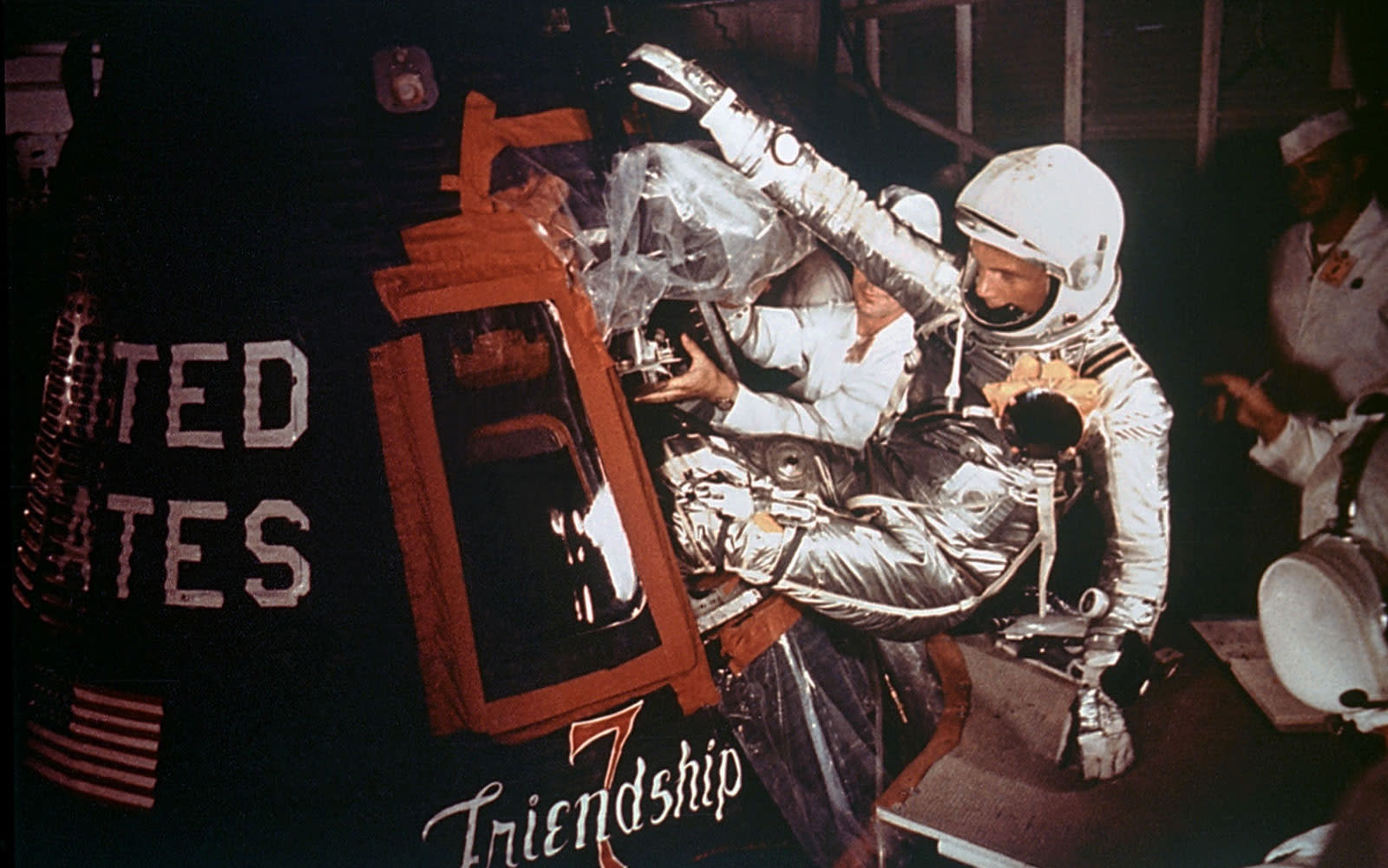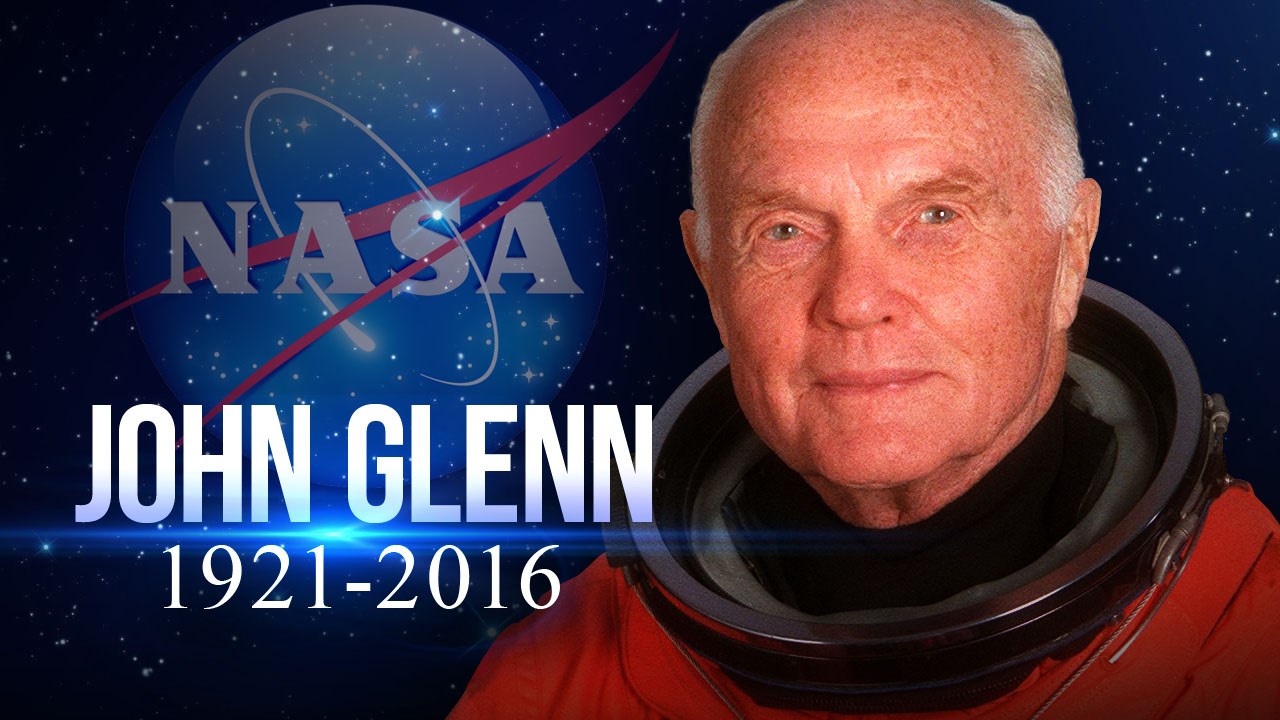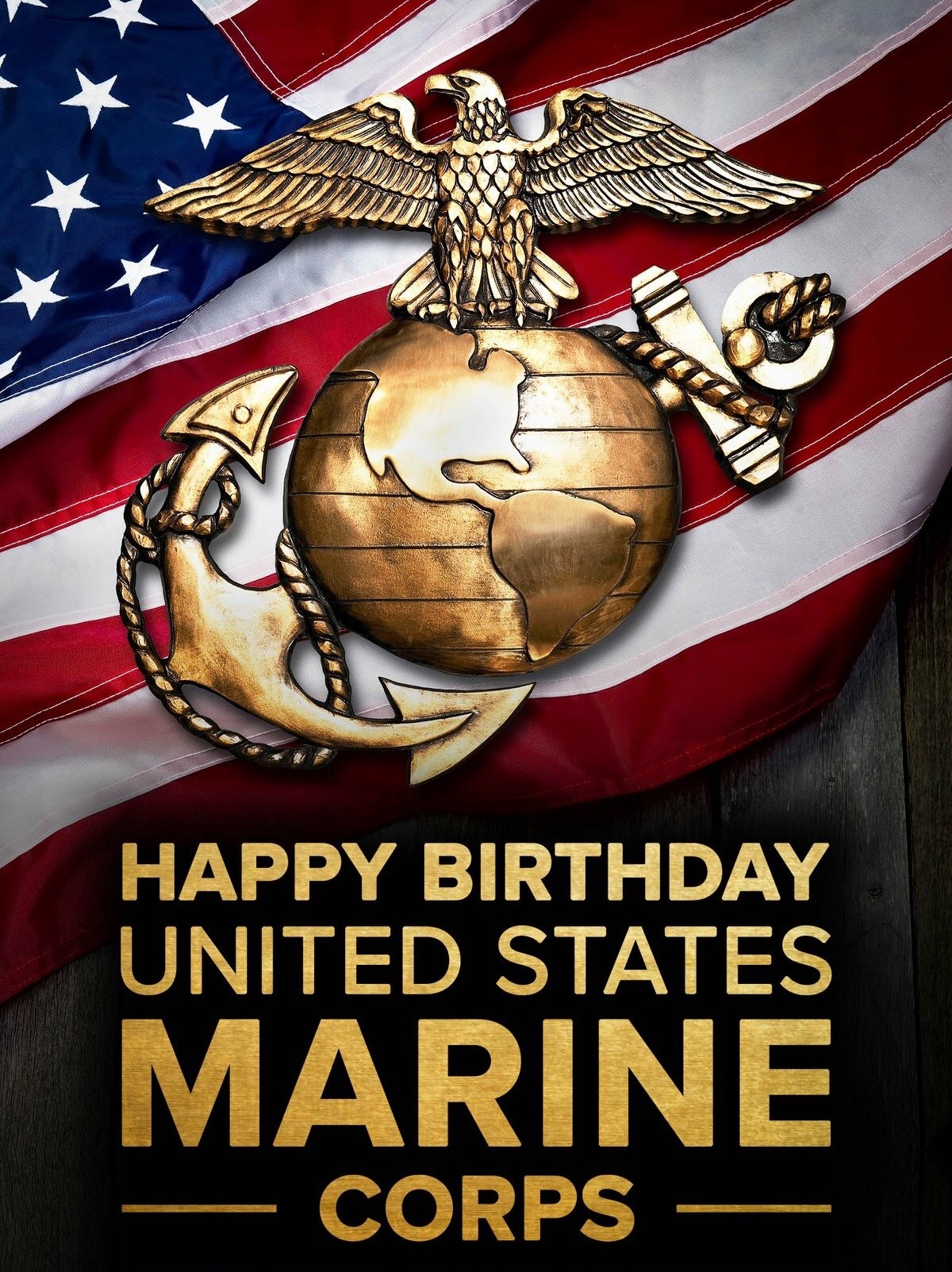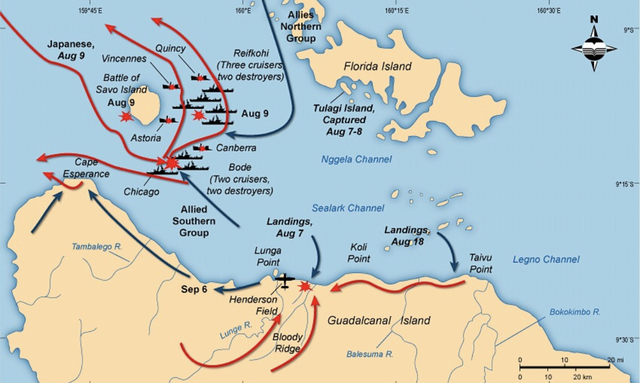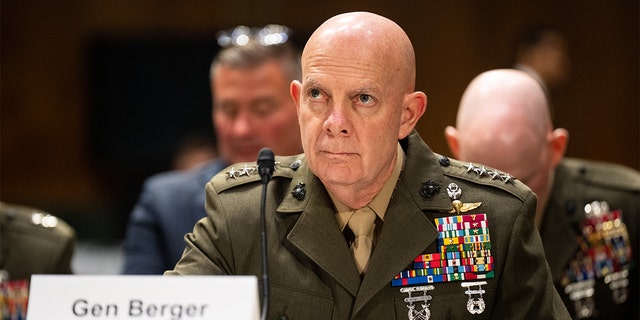
Commandant of the Marine Corps Gen. David Berger.
PENTAGON – The U.S. Marine Corps does not have a confirmed
leader for the first time in 164 years, following Marine Corps Commandant Gen. David Berger’s relinquish-of-command
ceremony held Monday and Berger’s private retirement
ceremony.
The last time the Marines were without a confirmed leader was
1859 following the sudden death of Commandant Archibald
Henderson. (FOX NEWS)

Archibald Henderson (January 21, 1783 – January 6, 1859)
